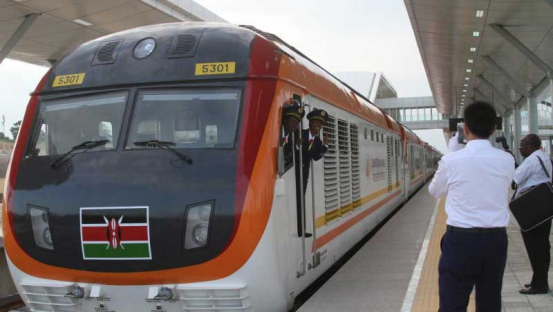
The launch of the SGR earlier this week was a moment of national pride. The excitement of people on the inaugural ride of the Madaraka Express, which was shared on social media, helped those who did not attend feel part of the important moment.
For my analysis, I will rely on the work of Bent Flyvbjerg, a University of Oxford scholar, who has conducted extensive research on mega-projects worldwide. One of his findings has been what he calls the “iron law of mega projects” where he argues that mega projects are repeatedly over time, over budget, and under benefits.